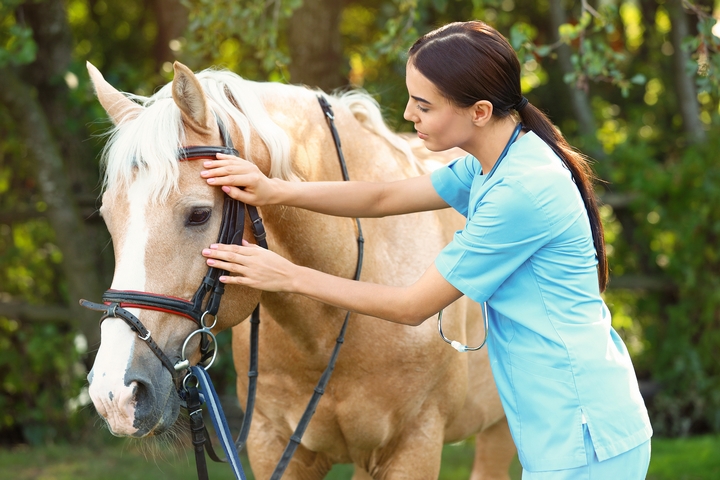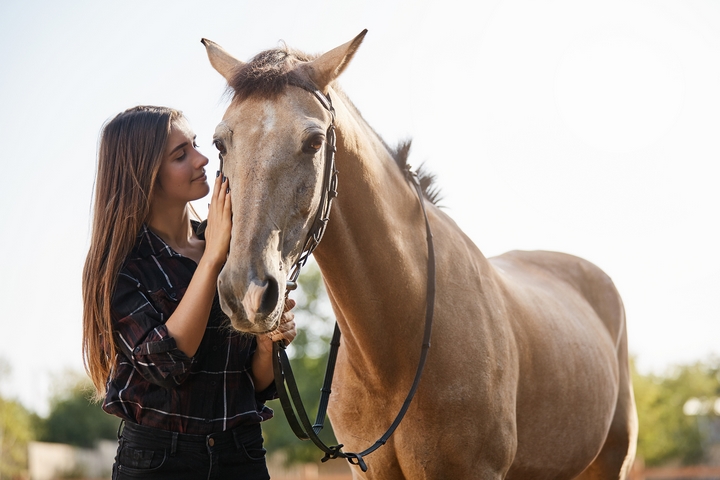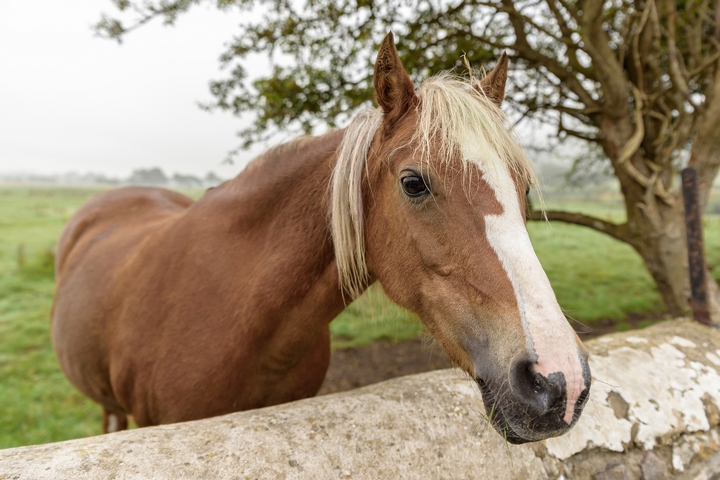Having a sick or injured horse is not only an emotionally devastating situation to deal with, but it’s also one that comes with expensive vet bills. Whether we’re talking about equine colic or a broken leg, it pays to be prepared for the most common scenarios. The same is true if your horse hurts someone or is stolen.
That’s where horse insurance comes into play. If you’re looking to mitigate potential risks and losses, livestock insurance is your best option. As a beginner, here are some important things you should know about horse insurance cost and coverage:
Types of Horse Insurance

The right insurance policy can protect you from the financial hardships of horse injuries and illnesses. Above and beyond medical insurance, however, you can also get other types of policies that can further protect you.
For example, you can get mortality insurance in case your horse needs to be euthanized and replaced. Farm and ranch liability is available to protect you in case harm comes to these critical assets. And personal horse owner’s liability is also available.
Further, if you work with horses for a living, you might want to consider workers’ compensation insurance, as well as some sort of liability insurance for riding clubs and organizations if necessary. Care, custody and control coverage should also be considered if you want to protect yourself against injury, death, theft, or loss of use of someone else’s horse while it is in your care. There are even trainer or instructor liability policies to protect you in the course of your business.
How to Compare Horse Insurance Providers

Just like you should do research when taking out a life insurance policy, you should do some research when getting horse insurance. It’s a good idea to read the insurer’s reviews online, ask people you know for recommendations, and take note of different insurance providers’ options on policies before making a choice.
Ideally, you’ll want to take out a policy with an insurance company that has a long history and various types of coverage. Finding one that specializes in agricultural and livestock coverage is a bonus.
How to Calculate Horse Insurance Cost

Many factors go into determining the horse insurance cost. A lot of it has to do with the insured value of your horse. For insured value, essentially, you need to determine how much it would cost to replace your horse for mortality insurance purposes.
For example, your horse’s insured value and the cost of your premiums may depend on your horse’s age, breed, and work/competition details, as well as where you live. Breeding potential and total winnings will also be considered.
Often, the horse’s insured value is what you paid for the horse, which can be frustrating if you got it for a low cost and know it’s worth more. You can, however, increased its insured value through training and showing. Either way, you have to justify the value you place on it, whether that’s with training bills or horse show records.
Of course, the type of policy and the level of insurance you want will also be factored into the total horse insurance cost.
Medical Insurance Coverage for Horses

A lot of the horse insurance cost goes into providing medical services, so it’s a good idea to understand exactly which service you need in your coverage.
From insurance provider to insurance provider, you’ll find a variety of different stipulations and exclusions, so it can be tough to say exactly what horse medical insurance covers. Some providers may cover the cost of veterinary calls and travel charges, transport to a medical facility, and maintenance procedures, while most typically only cover customary vet expenses required due to diseases, injury, illness, and accident.
Common exclusions include congenital defects, pre-existing conditions, alternative therapies, and elective procedures.
How to Buy Horse Insurance

Given that the horse insurance cost is significant, it’s important to consider whether you really need it. So, in which cases is it the most important to insure a horse?
First, you may be required to take out a policy if you rent a horse or have one entrusted to you. It’s also a great option if you can’t afford unexpected, expensive vet fees. Further, if you want to secure money to buy a new horse if yours dies, then mortality insurance is ideal.
Civil liability insurance is also important if you want to protect yourself from damages in case your horse hurts someone else. And, of course, if your horse has a high value, insurance is a good idea.
Insurance Coverage for Older Horses

Many horse owners get mortality insurance to protect themselves against the potential loss of a horse at an early age. A premature demise can be devastating financially, which is when mortality insurance can really come in handy. It can help you pay for a replacement.
As horses age, their likelihood of death increases. At some point, a death will no longer be considered premature, which means you might not get full coverage from an insurance policy. It’s important to note that every insurance company has its own pre-determined upper age limits for mortality insurance.
Some insurers may only offer some type of limited perils coverage to protect you in case of an Act of God, such as lightning or a fire. With this type of policy, you won’t be covered for vet bills or replacement costs associated with illnesses, injury, or disease.
Generally, insurance carriers will offer coverage for horses up to age 14, while some may offer it up to age 20, although the costs start to go up at this point.
